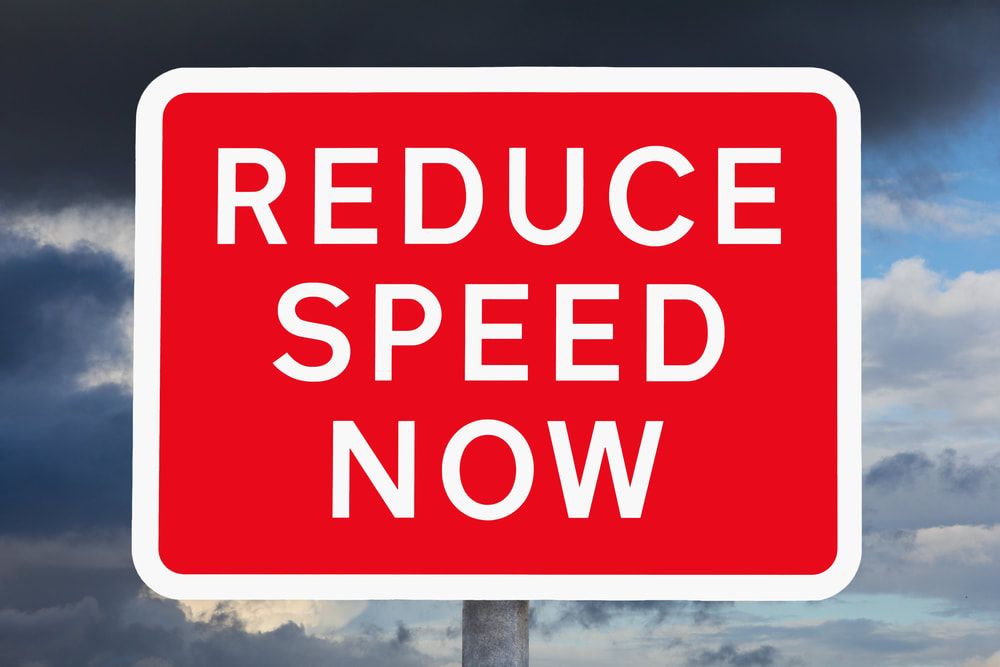|
By Goh Ruyin Humans learn every day. Our brain is constantly processing old and new information, and making connections between them. As we gain experience, more information and activities that we engage in become familiar to us, and it takes less and less effort to understand and engage in these activities. The more familiar the task, the higher the chance of running on auto-pilot. We go into auto-pilot when we are doing very familiar tasks like brushing our teeth, but we are hyper-aware of our senses and actions when we are experiencing something new and novel, like skydiving in my case. When we visit our favourite restaurant but order the one-time special, we feel comfortable in the same environment, but titillate our taste buds with new flavours from an unfamiliar dish. All these activities and experiences fall into what I like to call the spectrum of consciousness. The amount of “consciousness” we experience is directly correlated with the amount of new information being fed into our brains.  Being human, we are all prone to bouts of going into auto-pilot mode even for learning — an activity that actually requires a state of hyper-awareness, also known as mindfulness. At the most recent pedagogy masterclass conducted by Dr. Khoo, us teachers were made painfully aware of the fact that we weren’t practising as mindfully as we should have been. Playing hands separately at a slow speed in front of an audience really laid bare our familiarity with the music. It is so easy to get caught up in deadlines and the stress that ensues. In the weeks leading up to the masterclass, I had gone on a holiday, leaving one week less to practise. A surge of incoming students also added to my stress, and an accompaniment assignment I accepted in the week prior to the masterclass was the less than sweet icing on the stress cake. Rushing to practise my solo repertoire, I quickly put both hands together and did not do much slow practice. The result was mediocre despite my intensive practice a few days prior. Had I trusted in the mindfulness process, the progress would have been greater with just the same amount of practice hours. Mindful Piano Practice So what exactly constitutes mindful practice at the piano? It simply means having a goal in mind, and practising to meet that goal. A goal can be as small as just practising four bars, or as big as an entire piece. The most important thing is that the goal needs to be achievable in that session. Larger goals can be broken down into smaller ones, spaced out over the practice session. For example, if the goal for the entire session is to play the first page hands together, with expression and pedalling, the smaller goals could then be: 1. To practise the first four bars hands together 2. To practise the first four bars with expression, hands separately 3. To put hands back together with expression 4. To practise the first four bars with pedal 5. To put everything together These goals then are repeated until the first page is completed systematically. Challenges of mindful practice Focusing during practice for long periods may not be easy. As building concentration spans takes time, for starters, I’ve found that thirty-minute long practice blocks, with short breaks in between, helps. A beginner may even find his mind starting to wander and his fingers going into auto-pilot after 15 minutes. It is good to stop when the mind begins to lose focus, then resume after a break to recharge. For very young children, mindfulness can be a challenge. This is where their parents come into the picture — they need to supervise and make sure that precious practice time is not wasted or spent inefficiently. At The Music Studios, we try to work hand in hand with parents of young children as much as possible so that they understand the goals for each week and know how to facilitate efficient practice. Of course, as they grow up, young students will need to learn to be responsible for their own practice and practice habits. Mindful practice is a process After the masterclass, I had to remind myself that even we, as teachers, also make the same mistakes from time to time. The road to embracing mindfulness is like learning a new skill. Sometimes, progress is made. Sometimes, we stagnate for a while. And sometimes, we even regress. Everyone needs a reminder or boost at different points in their learning journey. Learning to forgive yourself for your mistakes is equally important as reaching the end goal.
1 Comment
|
AuthorsKhoo Hui Ling Archives
January 2020
Categories
All
|

